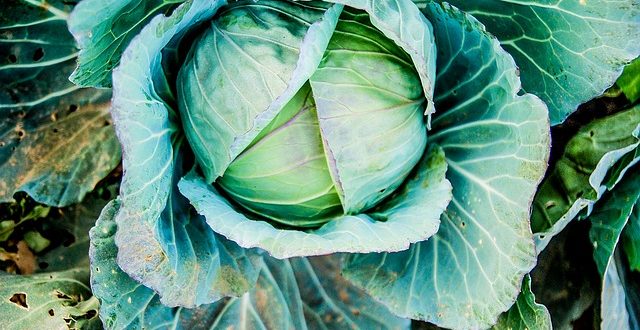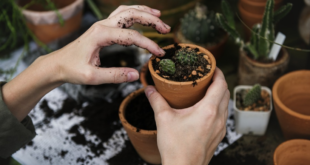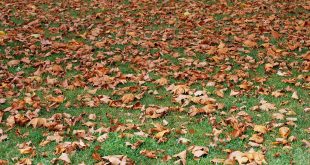Organic Gardening is gardening without man made chemicals and fertilisers. Advocates claim food is healthier, tastier and environmentally beneficial.
Legislation
In order to reduce the risks to public health, legislation is restricting the use of some pesticide formulations and where they can be used. Some familiar products have disappeared from the garden centre shelves. Further restrictions can be expected.
The changes will have the biggest effect on farmers. They point out, harvests will reduce and food prices will rise. Legislation will also affect the non-organic gardeners amongst us, as many of the chemicals used by farmers are also in treatments for the garden.
Companies are beginning to research ingredient alternatives but this can take many years. Many organic gardening organisations are welcoming the change, so maybe we should see this as a positive move and the opportunity to do our bit for the environment and experiment in the garden without the use of chemicals.
Natural Pest Control
Choose appropriate plants; if plants are grown in the right conditions they should counteract most pest attacks. If a particular plant is having persistent problems try relocating it.
Give plants a head start when planting; don’t plant or sow seedlings too early as they are most vulnerable when they have to contend with cold weather and soil. Use cloches or fleece to warm the soil or sow indoors in pots or containers and then plant outside when they are big enough to fend for themselves. Or as a cheaper option, cut the bottoms off lemonade bottles and yoghurt pots and place over young plants and push into the soil.
Keep an eye on your plants;having a good look at your plants regularly will mean you can determine destructive pests in the early stages.
Make the most of nature’s helpers; Hedgehogs and frogs are great in the fight against slugs. So a garden pond and cat food may encourage them to set up home. Stinging nettles are ideal to attract useful insects to lay their eggs without harbouring pests that pose a threat to other plants.
Recycle; Creating healthy soil with recycled organic waste results in healthy plants that have a better chance of withstanding attack by pests.
Natural Weed Control
Hoeing; this is the most traditional approach to tackling the weeds, the key is to hoe vigorously to deal with the weeds but be careful not to disturb the soil around the plants, act quickly to prevent the weeds from getting too much grip and remember practise makes perfect.
Mulching; Once your soil has begun to warm up, in late spring or early summer, add a layer of organic matter such as bark chippings, cocoa shells or well-rotted manure. This makes it much easier to pull out the sprouting ones as the mulch doesn’t allow their roots to grip and any that are beneath the 2-3 inch layer will not be able to germinate.
Anti-weed matting; this is a highly effective method of keeping weeds under control. You can use thick plastic sheeting, old carpet or you could opt for woven polypropylene sheeting. This has small perforations in it to allow for adequate rainwater drainage but remains impenetrable to weeds. This may be an expensive option but it will last a long time so it’s a good investment and will result in a lot less weeding in the future. It is particularly easy to use on a new border, lay the matting over the bare soil and cut crosses to allow for planting, then cover the whole thing with gravel, pebbles or bark chippings.
Improving your soil
For organic gardening, compositing is essential. Don’t throw away anything you don’t have to!
Vegetable peelings, skins, tea bags, non-woody prunings, flowers heads, grass cuttings and some shredded paper will produce a rich compost. See our separate post. Leaves take time to decompose, but the wait is worth it, leaf mould can be dug into the soil or left on the surface. It helps to retain moisture and improves heavy soils.
Tried and tested organic gardening tips
- To rid your plants of greenfly spray with a little washing up liquid mixed with water.
- Plant Nasturtiums near to plants prone to whitefly infestation.
- If your fruit trees or roses are struggling in the battle against aphids try planting garlic nearby as they will be repelled by its strong odour.
- Tossing egg shells over your garden adds nutrients to your soil. It is a healthy snack for birds and will help get rid of the gardener’s worst enemy; the slug.
- Another tactic in the battle against slugs is to locate their favourite hiding place. At night place a pint glass filled with a little beer on its side. In the morning you should find you’re winning and the birds will be only too happy to help clear up.
 Gardeners Club The Gardeners Club is a free to join online club for everyone with an interest in gardening and gardens.
Gardeners Club The Gardeners Club is a free to join online club for everyone with an interest in gardening and gardens.






